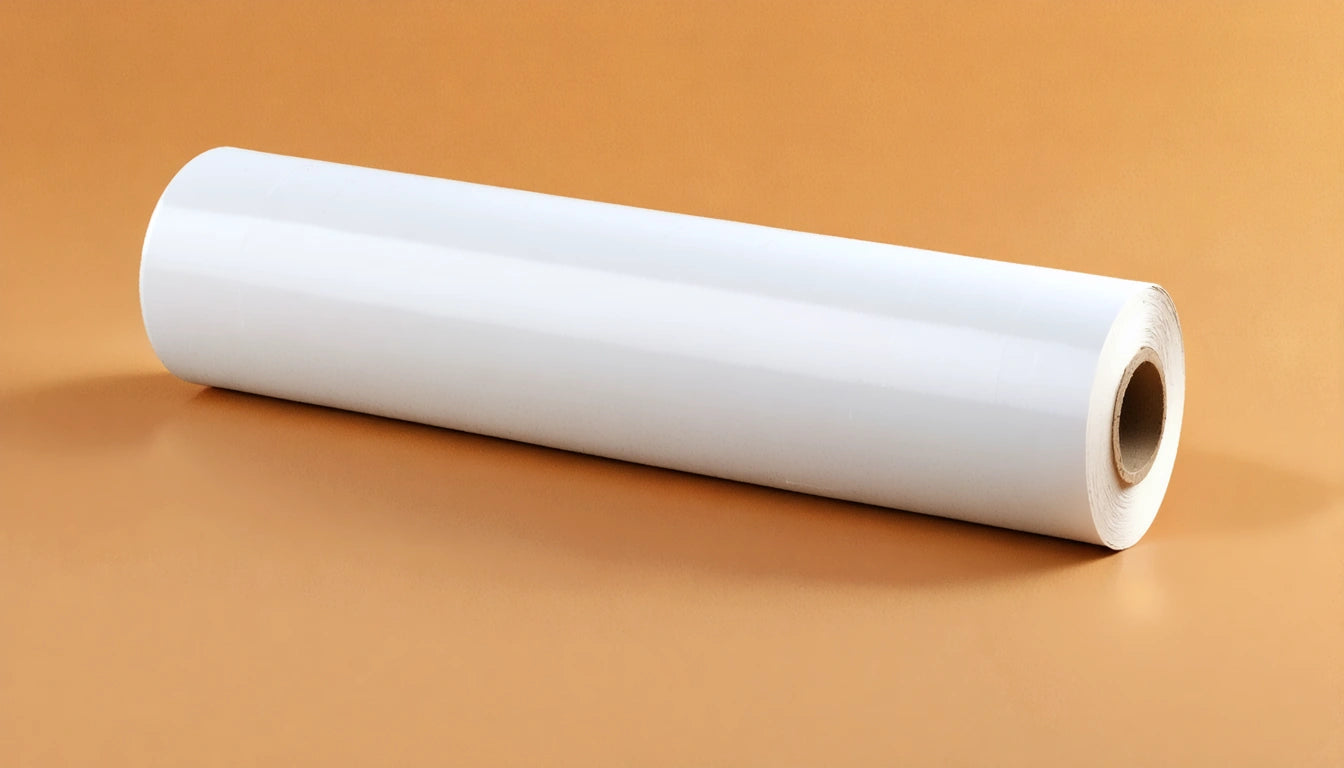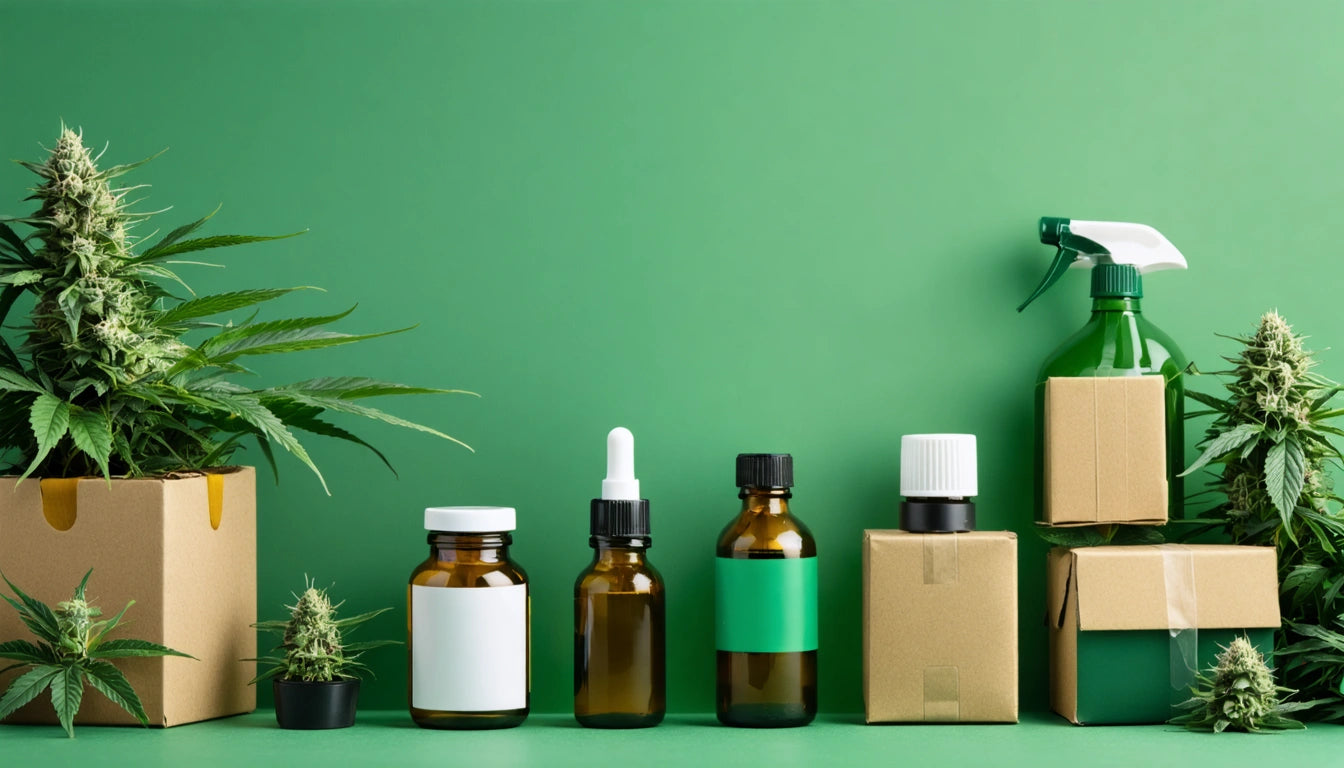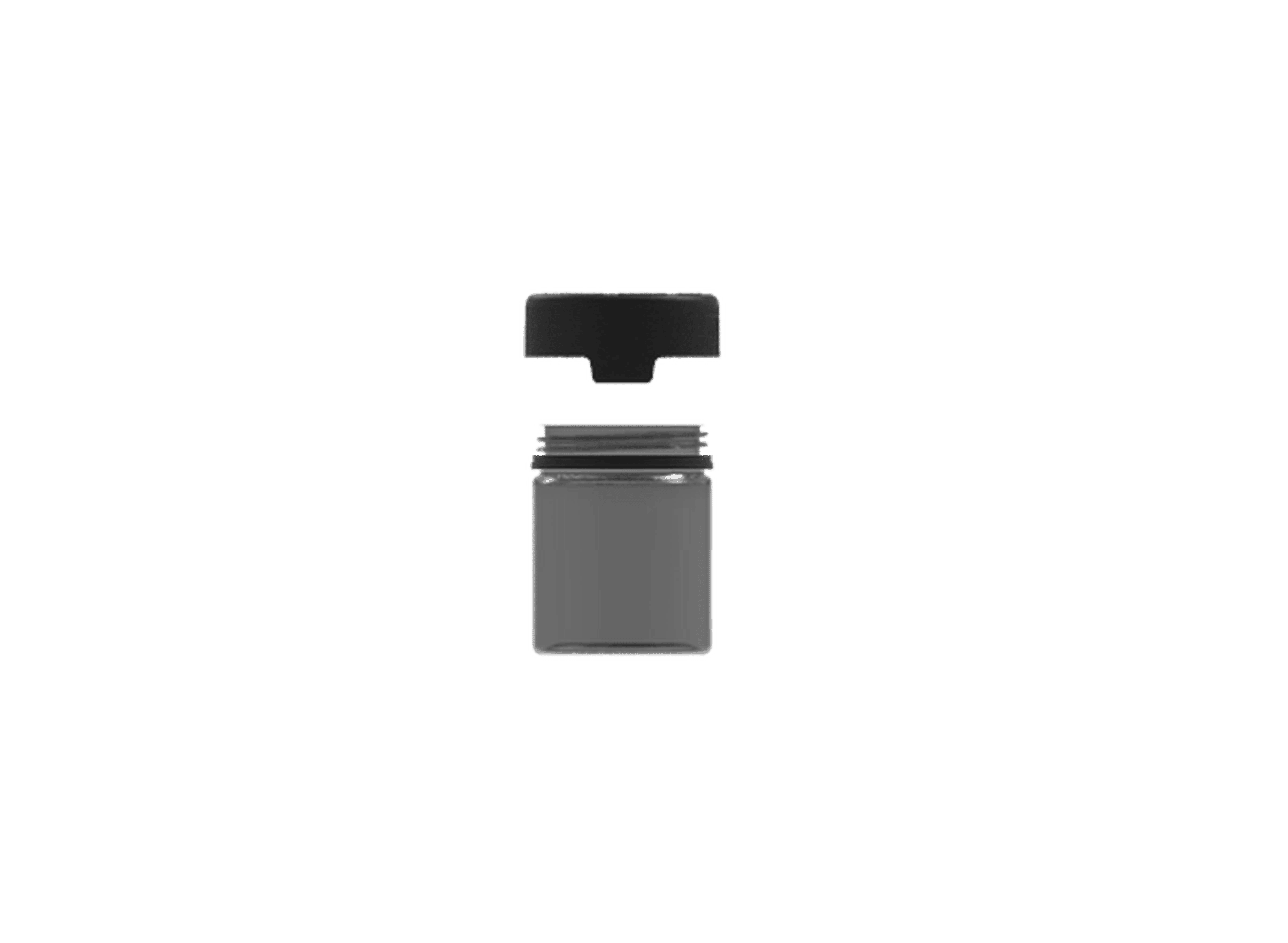Table of Contents
The cannabis industry faces unique challenges when shipping pre-rolls across various distribution channels. Unlike many consumer products, pre-rolls are fragile, susceptible to moisture damage, and subject to strict regulatory oversight. Proper packaging isn't just about presentation, it's essential for maintaining product integrity throughout the supply chain.
Transit Challenges for Pre-Roll Products
Pre-rolls encounter several obstacles during shipping that can compromise quality and consumer experience. Understanding these challenges is the first step toward implementing effective packaging solutions.
Physical Damage Risks
The delicate nature of pre-rolls makes them vulnerable to crushing, bending, and breaking during transit. Packages are often stacked, dropped, or compressed in delivery vehicles. According to industry studies on pre-roll transit, products without rigid protection experience up to 23% higher damage rates compared to those in reinforced containers.
Environmental Factors
Temperature fluctuations, humidity changes, and exposure to light can degrade cannabinoids and terpenes. Particularly concerning is moisture intrusion, which can lead to mold growth or cause pre-rolls to burn unevenly. Effective packaging must create a protective microenvironment that shields against these variables.
Material Selection for Transit-Proof Packaging
The materials used in pre-roll packaging directly impact how well products survive the shipping process. Each option offers different benefits for transit protection.
Rigid Containers
Hard plastic and glass tubes provide superior crush resistance and are ideal for single pre-roll protection. When comparing glass versus plastic options, polypropylene tubes offer better impact resistance while glass provides premium presentation and better odor containment.
Multi-Pack Solutions
For shipping multiple pre-rolls, tin containers and rigid cardboard boxes with internal dividers prevent movement and friction between products. These solutions combine durability with efficient space utilization, making them cost-effective for bulk shipments.
Structural Design Elements That Prevent Damage
Beyond material selection, specific design features significantly enhance transit protection for pre-rolls.
Internal Stabilizers
Custom foam inserts, plastic dividers, or molded pulp trays prevent movement within packaging. These components absorb shock and vibration during shipping. Many manufacturers are incorporating equipment from specialized cannabis processing equipment suppliers to create precisely fitting inserts that cradle pre-rolls securely.
Sealing Technologies
Airtight seals protect against moisture and preserve freshness. Options include heat-sealing, silicone gaskets, and threaded closures. Research on pre-roll freshness indicates that hermetic seals can extend shelf life by up to 60% compared to standard closure methods.
- Vacuum-sealed options for maximum freshness protection
- Child-resistant caps that maintain seal integrity after repeated opening
- Tamper-evident bands that ensure product security
- Humidity control packets to maintain optimal moisture levels
Compliance Considerations for Shipping Pre-Rolls
Regulatory requirements add another layer of complexity to pre-roll shipping packaging. These vary by jurisdiction but share common elements that packaging must address.
Child-Resistant Requirements
All pre-roll packaging must meet CPSC standards for child resistance while remaining accessible to adults, including those with dexterity limitations. Child-resistant pre-roll packaging must maintain its protective mechanisms even after the stresses of shipping and handling.
Interstate Transport Considerations
For multi-state operators, packaging must comply with the most stringent regulations across all operating territories. This often means incorporating additional warning labels, QR codes for batch tracking, and enhanced tamper-evident features. State-by-state regulatory differences can significantly impact packaging design decisions.
Packaging Innovations Enhancing Transit Safety
The cannabis industry continues to develop new solutions specifically addressing the challenges of shipping pre-rolls safely.
Impact-absorbing materials derived from sustainable sources are gaining popularity. Mushroom-based packaging, recycled cardboard with reinforced corners, and plant-based plastics offer environmental benefits without sacrificing protection. Sustainable pre-roll packaging options are increasingly meeting the dual demands of transit protection and environmental responsibility.
Smart packaging incorporating humidity indicators, temperature monitors, and NFC tracking gives brands visibility into shipping conditions. These technologies alert distributors to potential damage before products reach consumers, reducing waste and protecting brand reputation.
The future of pre-roll shipping will likely involve further integration of protective design with sustainability and technology. As the market matures, packaging that ensures safe transit while minimizing environmental impact will become the industry standard rather than a premium option.











Leave a comment
All comments are moderated before being published.
This site is protected by hCaptcha and the hCaptcha Privacy Policy and Terms of Service apply.